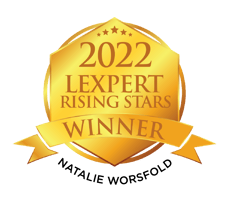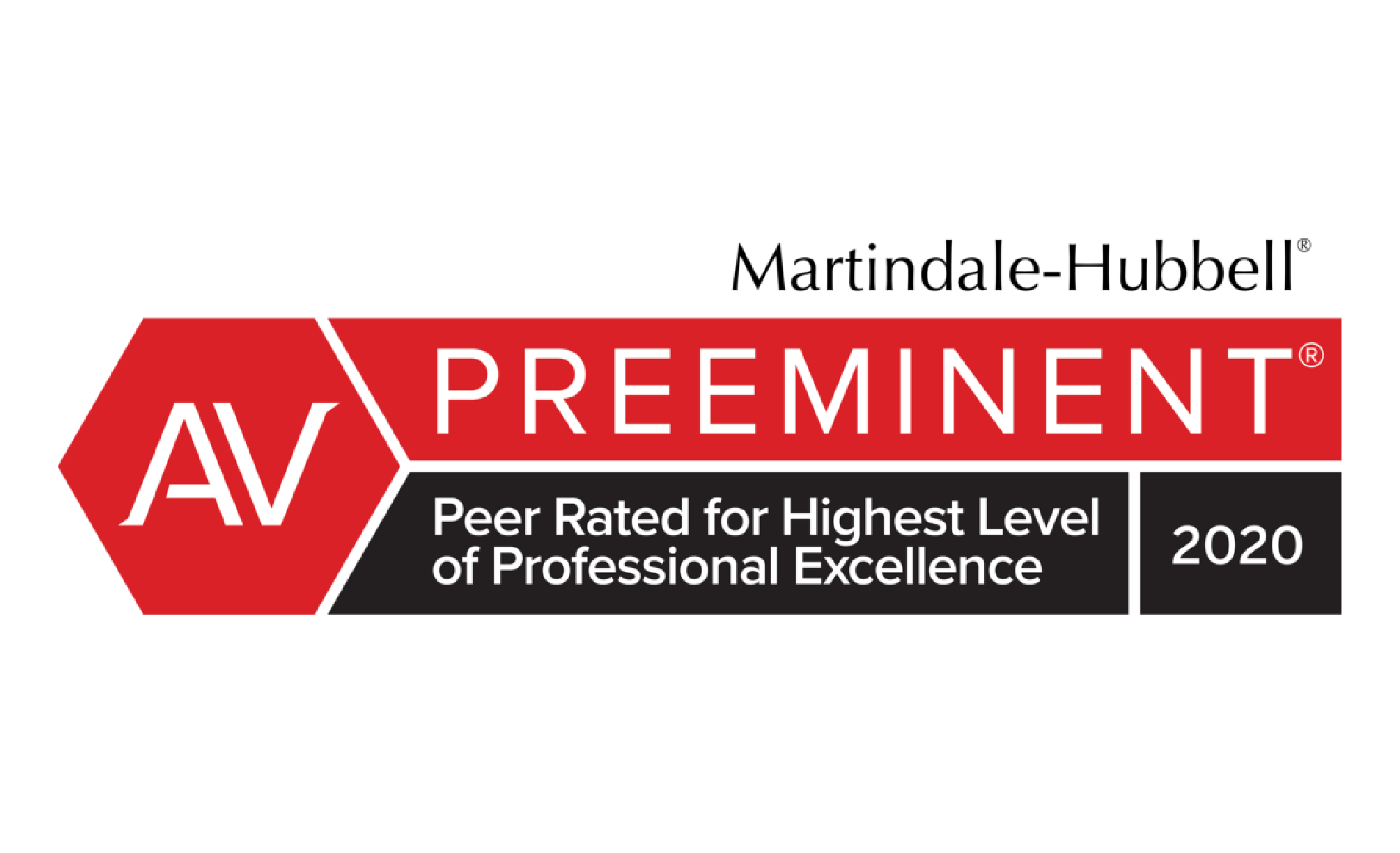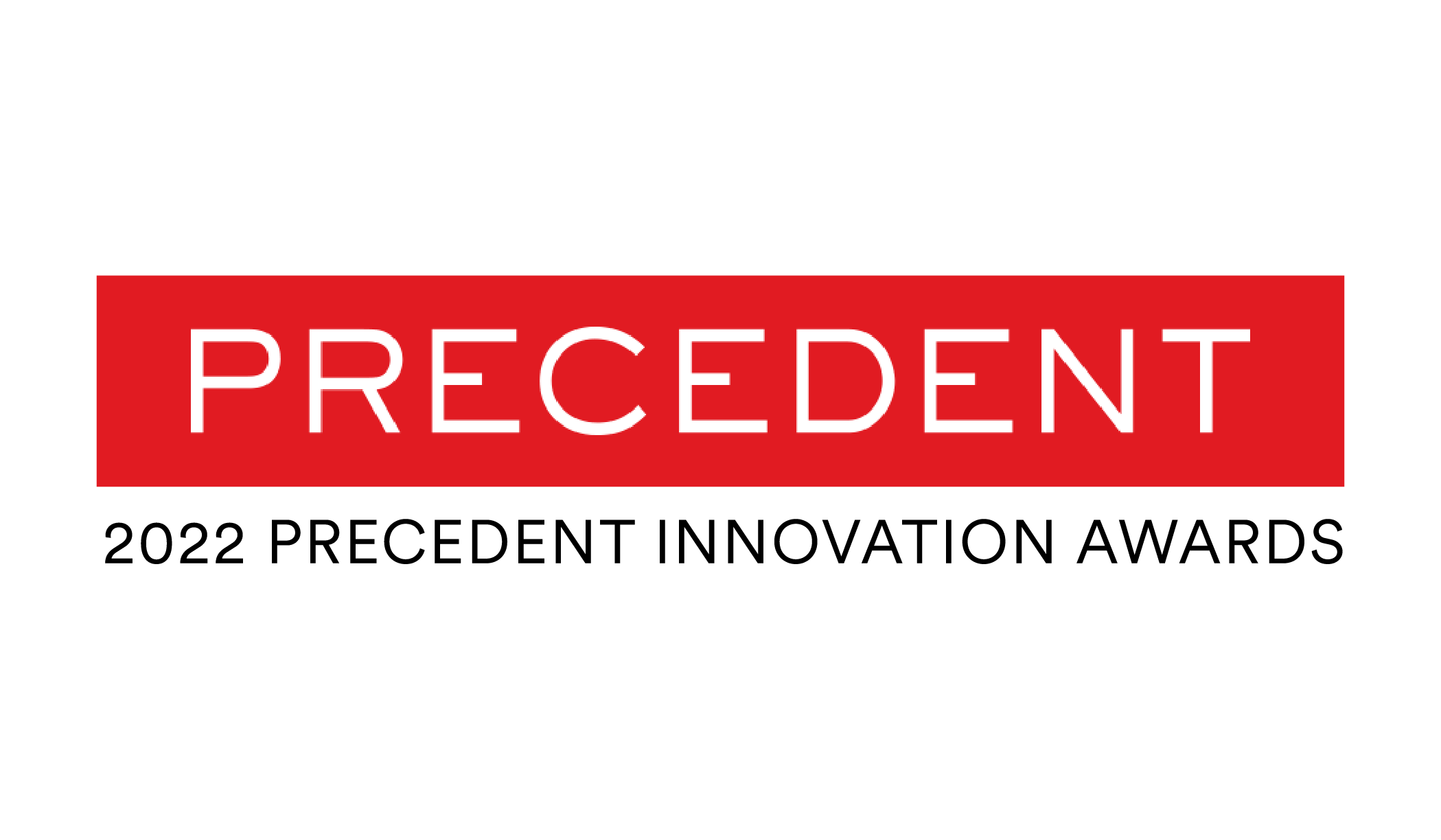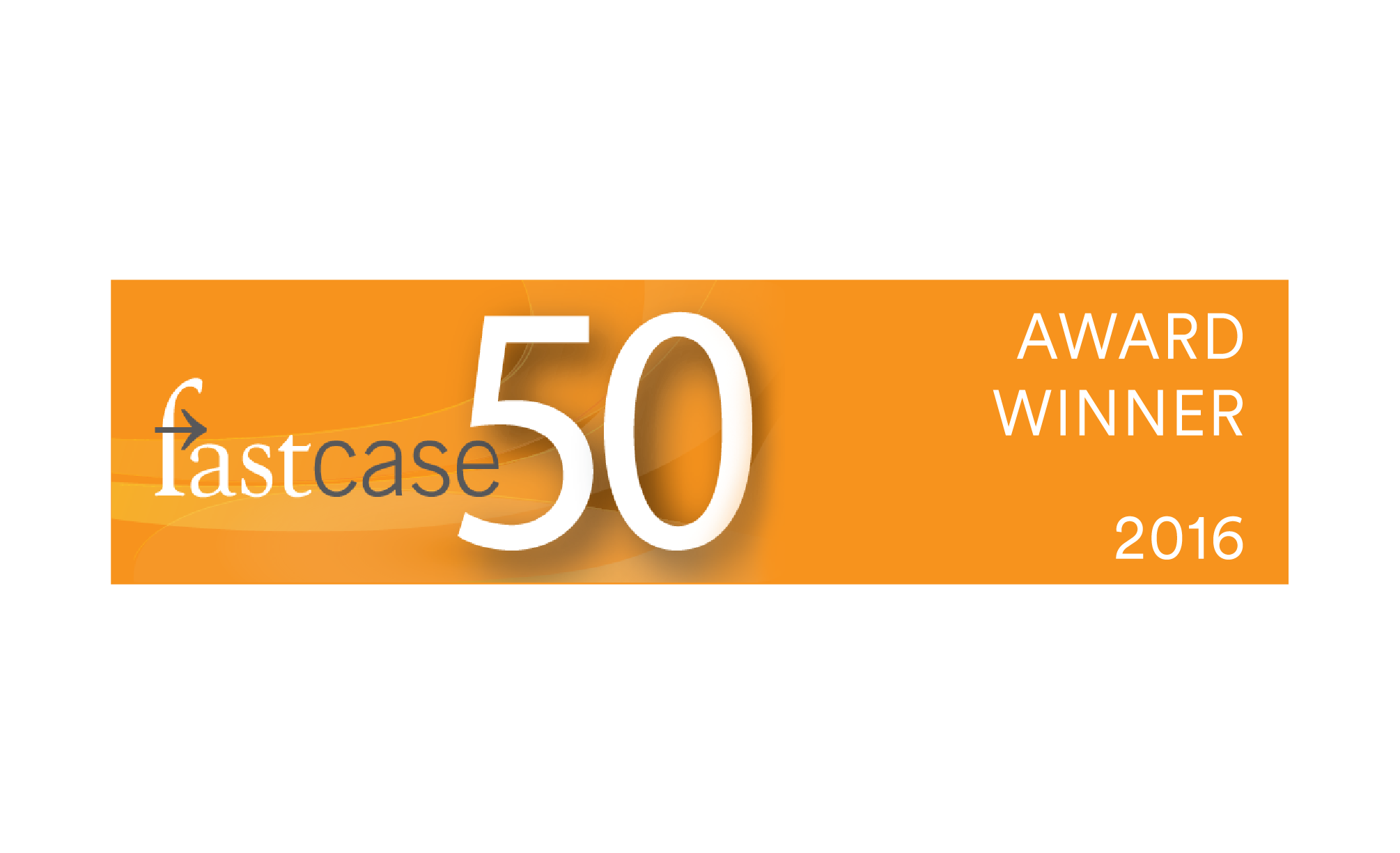
Peter Aprile and Natalie Worsfold interview Jordan Furlong. Jordan is a leading global legal market analyst and the interview focuses on Jordan’s new book Law Is A Buyer’s Market: Building A Client-First Law Firm. In the interview, Jordan shares how clients are influencing the changes that law firms must make to prosper.

Guest
Jordan Furlong
Jordan Furlong is a leading analyst of the global legal market and forecaster of its future development. Law firms and legal organisations consult him to better understand why the legal services environment is undergoing radical change, and they retain him to advise their lawyers how to
build sustainable and competitive legal enterprises. He helps lawyers think differently about the services they provide and counsels law firm leaders about re-engineering their firms’ purpose, strategy, and operations.
Jordan has addressed dozens of law firm retreats, lawyer conferences, judicial conventions, and regulatory summits throughout the United States, Canada, Europe, and Australia. He has authored hundreds of articles and several short books and white papers that analyse the rapidly evolving legal market and illuminate the forces and trends driving change in this environment.
A graduate of Queen’s University Faculty of Law in Kingston, Ontario, Jordan engaged briefly in the practice of law in Toronto before starting an award-winning career as a legal journalist, culminating in a decade as editor of three leading Canadian legal periodicals. In 2007, he launched Law21: Dispatches From a Legal Profession On The Brink, which has won multiple awards as one of the premier law blogs of the last ten years.
Jordan is a Fellow of the College of Law Practice Management and has served as chair of the College’s InnovAction Awards. He is the Strategic Advisor in Residence at Suffolk University Law School in Boston and serves as co-chair of the Board of Directors for its Institute for Law Practice Management and Innovation. He has taught or guest-lectured in courses at Suffolk Law, Queen’s Law, and Osgoode Hall Law School in Toronto. He serves as a volunteer advisor to Law Without Walls and is a member of both the Advisory Board of the American Bar Association’s Center for Innovation and the Policy Advisory Board of Responsive Law.
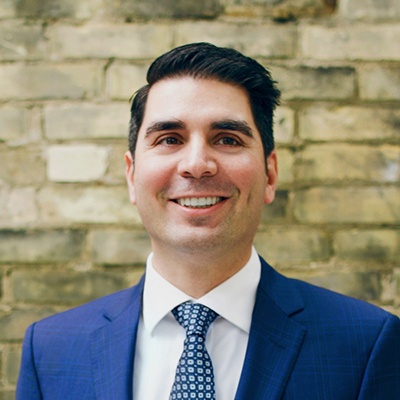
Peter Aprile is a senior lawyer specializing in tax dispute resolution and litigation. His vision as Counter’s founder and his everyday role at the firm are one and the same: to be an agent of change, uncovering opportunities and developing strategies that achieve more than anyone expected. A creative thinker, Peter studies problems from all different angles to find what others have missed. He’s also convinced that he likes winning more than most people.
Different people describe Peter in different ways. At the CRA and the federal Department of Justice, the word relentless comes up quite a lot. Admittedly, so does the word a**hole – but it’s often said with a certain grudging respect, if not affection. Peter’s clients call him a saint. Well, some of them, anyway. His colleagues describe him as empowering and harddriving, but fair. Peter’s friends call him loyal. His wife describes him as a lot to deal with, but worth it. Peter encourages his young daughter and son to call him “The Big Homie,” though with limited success. His mother describes him with the single word mischievous – before going on to complain that he should call more.

Natalie is a tax lawyer who represents individual taxpayers and owner-managed businesses in disputes with the Canada Revenue Agency (CRA). She also successfully challenges CRA decisions denying taxpayer relief and helps facilitate applications under the Voluntary Disclosures Program.
But what you really need to know about Natalie is that she’s a tax litigator with heart. When she takes a case, it’s not out of technical interest – it’s because she cares. And if she believes the government has got something wrong, she won’t stop until it’s been put right. She’s fierce.
Natalie is the co-architect behind many of Counter’s process workflows, software and data analytics systems, as well as our comprehensive knowledgebase (loving named Hank). And when it comes to preparing cases, she’s Counter’s secret weapon – happiest when elbow-deep in evidence, meticulously building creative solutions to seemingly impossible problems. Because the fact is Natalie sees things that other people don’t.
Natalie’s family and friends describe her as loyal, selfless, understanding and fun. They also mention stubborn. To her Counter colleagues she’s a combination of stellar brainpower and contagious enthusiasm who elevates the game of everyone around her.
People
Tech, Tools & More
[music]
Peter Aprile: [00:08] Hi, and welcome to "Building New Law," Counter's first and only CPD‑accredited podcast. It's hosted by me, Peter Aprile, and my colleague, Natalie Worsfold.
Natalie Worsfold: [00:17] In each episode, we interview lawyers, legal technologists, and other like‑minded people at the forefront of new law.
Peter: [00:24] We hope that the podcast connects to new law community and helps us all learn more about the approaches that are changing the way that we practice law.
Natalie: [00:32] To learn how you can use this podcast to satisfy your law society CPD requirements, visit our website at countertax.ca/bnlcpd. That's countertax.ca/bnlcpd.
Peter: [00:45] Enjoy the show.
[music]
Sponsor: [00:49] The Building New Law podcast is supported by Counter Tax Lawyers, a new type of tax controversy and litigation law firm. To learn more about Counter, go to countertax.ca.
Natalie: [01:07] We hope you enjoyed part one, so let's get straight into it, here's part two of our interview with Jordan.
Peter: [01:14] You talk about the kind of deficiencies in lawyers in acting as managers, because frankly, many just don't have that experience. Every managing partner and lawyers by their psychologies could then listen to this and say, "Well, that's not me."
[01:33] So, how do we put the mirror up to those folks and say, "Actually, you might be lacking a little bit in that regard."?
[music]
Jordan Furlong: [01:39] I think, honestly, the best place to start would be think of a successful business and look at the standard management techniques that are applied to everything that they do. And let's not even bother to [inaudible] with the people, individuals.
[01:53] If I'm delivering legal service, let's say I've got a client that's looking for, "Give me an opinion on something. I want a legal opinion on such and such a matter." OK. Here comes Bob, the partner, he's going to write this five‑page memo, which has all these recommendations saying, "I've had researched a lot this, this, this."
[02:07] I'd say, "OK. So, Bob, tell you what. Jane here is gonna look over your memo, and she's gonna make suggestions to it and possible changes. She's gonna double check it for quality control, second set of eyes, and so forth."
[02:18] I would be turfed out of that firm with a cannon, if I tried to [laughs] implement that. Because again, that's like, "No, you are not gonna review my work product. My work product is excellent. I'm an excellent lawyer." And law firms have zero quality control systems.
[02:34] The quality control system is, "Are you a lawyer? Have you been sued? Have you been jailed for malpractice? No? OK. That's quality control for us." Even introducing into the firm, a crosscheck of work of various kinds, that would be a nice first step.
[02:49] And again, I think...and if you say to most lawyers, "Would you do that?" "No, I would not." And I said, "If you cannot conceive of the idea of somebody else reviewing your work and giving you recommendations of a peer doing this within the firm, then, I hate to break it to you, but you are not into the whole management thing. You are not into the management of your work, you're not into the management of this firm."
Natalie: [03:11] That's sort of the part of the connection there which takes it from the resistance to peer‑to‑peer reviews, and the idea that you're in it for yourself rather than for a firm. There isn't really the alignment and the drive towards a purpose of a firm.
[03:25] I know in your book you talk a lot about identifying your law firm's purpose, and how important that it to drive and orient everybody in the organization. Can you tell people a little bit about how to identify the purpose of a firm?
Jordan: [03:39] There are chapters that are more challenging than others. That one I think is going to be a hard sell, [laughs] for a bunch of people, but I thought it was very important to do it. What's the purpose of your firm?
[03:48] And don't give me the stuff about excellent client service and so forth, because the purpose of your firm is what everybody is focused on, everybody is thinking about, working on, and looking to improve.
[04:00] BMW is always thinking about making great cars and making the ultimate driving experience. And Pixar is always thinking about, "How do we make great movies, great stories told in an engaging fashion with fantastic computer graphics?"
[04:12] What is a law firm always thinking about? What is a law firm always doing? What does it measure? What does it value? What does it pay people for, and what does it punish people for failing to do? It isn't client service, it isn't client satisfaction.
[04:24] I don't know a single firm that [inaudible] is measure. It is billables, it is new business generated, it is profit per partner, it is profits especially by most senior partner. That's the purpose of most firms.
[04:37] And that's a bitter pill to swallow, I think, for some firms, but I do also think it's a pretty convincing argument. So, what I say, "OK. If we agree, that's not a great purpose for any business, is to load up as much money as possible in a shorter time as possible and then hit the exits, then what is the purpose of your firm?"
[04:55] And I said, "All successful businesses, just like all successful people, you're externally directed. You're about helping, you're about serving. If you're a lawyer, this is actually built into the DNA of who you are and the role that you take. It is a serving profession."
[05:11] And we know the duties, right? There are three duties that every lawyer has. Number one to the court, which I also [inaudible] to the rule of law. Second duty is to your client, and you look at some of the very few firms that have floated on the market, they have put that into perspective to saying, "You as a shareholder are tertiary in interest."
[05:29] So, it is getting people back to the idea that the purpose of your firm is to make things better for the people who come to you needing things to be made better. And for some lawyers that's, "Ah, that's just guff, that's just feel good stuff," and I said, " I really don't think it is."
[05:45] I think that goes back to first principles, and we need to talk more about first principles in the law, not just as individual lawyers, but in firms filled with lawyers constituted by lawyers. If you start from there, if you start from the premise that what we do has to make things better for the people who come to us.
[06:03] We have to get better outcomes, better experiences, more value, then that changes everything you do in terms of your management, in terms of your compensation, in terms of who you hire, what you ask them to do, etc., etc. I think it starts with the purpose of strategy as it flows from purpose, what's the purpose, what's the point to your firm.
Peter: [06:21] Yeah, and I never really understood that before, and now from our experience in trying to do that, I do think you're absolutely right. I wish we had done that earlier, because I think a lot of things that have flowed from that would have been a lot easier and more directed.
[06:35] And then, you tie that into...your prescription is having that as a first step, and then having that go into this tripartite strategy, so can you talk a little bit about these three aspects of strategy that you believe every law firm needs? What are those elements?
Jordan: [06:50] The strategy is not a goal, and I've seen and helped to craft a few strategic plans of my day in law firms, and they tend to be for the most part rather narrow, and they don't really take to ‑‑ use a bit of an overused term ‑‑ a holistic view of the way the firm operates.
[07:06] So, what I suggest is that there are three things you must continuously undertake, continuously pay attention to what to improve and monitor and act on. One is service to your clients, and it's really about again what are the results for delivery, what is the experience of someone who comes to your firm to get this stuff.
[07:27] You need to know what that feels like. Is it good, is it bad, is it indifferent, and how do you make it better. Then, I said there's a competitive strategy. You need a strategy to be able to get more of the business that you want, from the clients that you want, and to stand out as much as you can.
[07:43] So, there's a section there about dominating your market, aiming to be one of the top three players in the market, if at all possible, standing out in terms of things that matter to your clients. Very few law firms stand out on anything. Take 10 law firm websites at random, switch the labels and the brands, the names, mix them all up. Could you tell them apart? Probably not.
Peter: [08:02] One of the things that you did when you were talking about client strategy that I really liked, and has my wheels turning, you told the story about Black & Decker.
Jordan: [08:11] And that story's lifted directly from Richard Susskind at a conference in Montreal about six years ago, and that was the day the direction of what I did in my career changed. It's an anecdote, it's probably apocryphal, because most anecdotes are.
[08:23] Black & Decker gets a new CEO. Walks into his first meeting of the board of directors, goes to the head of the table, picks up a drill, and says, "Is this what we sell?" And the other directors look at each other and look back and said, "Yeah, that's, that's a drill, that's one of ours, yeah. That's all we sell." And he says, "No, it's not."
[08:39] He puts the drill down, he picks up a board that has a hole drilled into it. He said, "This is what we sell. This what the customer comes to us trying to accomplish. This is the outcome, this is the result. The drill is just a means to an end."
[08:52] It's the same thing in law. Nobody gets a separation agreement so they can put it under glass in their front hall and admire it, right?
[09:00] [laughter]
Jordan: [09:00] There's only intrinsic value to it. It has applied value. What is the applied value of what you do?
[09:06] If I'm a lawyer, a person comes in to me and says, "I want you to do x or y," and I said, "OK. That's manageable. We do that sort of a thing, we've done it before. I think we can do a good job of that. Why you wanna do it? What's the outcome you're hoping for here?"
[09:19] They take a few times to get an answer out, because the client might not even know him or her itself what it is that he's trying to accomplish on this. But talking it through, right, it's the hole on the board.
[09:30] The better you know that as a firm, as a lawyer, in the case of each client, both big picture and individual instance, the better chances you have of fulfilling the purpose they had in mind for you, the better your chances of satisfying them, which is again, the whole point of being a firm in the first place.
Natalie: [09:48] One of the things I actually really liked in your competitive strategy section is you talked about the importance of how people are doing the work, and inefficiencies, and touching I guess again on those models that you were talking about. How important do you think that is in the competitive side?
Jordan: [10:02] I think it's incredibly important in two dimensions. The first is it's beyond cliché that the law firms tend to be operated in a fairly inefficient manner. We can probably call that settled law at this stage.
[10:15] The reason that you need to improve your operations is twofold. One, you need to do it because it's costing you too much money to deliver the services you now deliver. You're being wasteful, you're being duplicative, and there are now other players coming into the market that are going to be able to do this much more efficiently, much more effectively.
[10:32] They can price their work below yours, because they can afford to, because they're more efficient at what they do. Just to be competitive on a pricing basis you need that, but you also got to have to do it to become competitive on a quality basis.
[10:45] When you become more efficient, when you start to automate and use more processes and systems and checklists and all these disciplines, you make fewer errors and you get a more consistent outcome, because you're following the same kinds of procedures. You are not only competing on price, you're also competing on quality.
Peter: [11:05] When you talk about distinctiveness, I think that that's an important point as well, it's because sophisticated clients understand that, because they have that in their own businesses as well. As a law firm, when you can present that picture, I think it resonates with that client as well and shows that distinctiveness.
[music]
Natalie: [11:23] We hope you are enjoying the podcast. We want to take one minute to tell you about a new segment that we're adding to the end of each episode. It's called I Am Building New Law, and it gives you the opportunity to share what and how you are changing the practice of law.
Peter: [11:41] If you're building a new law firm, legal tech company or product, we want you to record a message and tell us all about it.
Natalie: [11:46] Just go to countertax.ca/imbnl. Click on the Voicemail button and tell us what you're building and why.
Peter: [11:53] And now back to the show.
[music]
Pippi: [11:59] Hi, Pippi here, producer at Building New Law. I've got one more exciting announcement to make before we can get back to the show.
[12:05] In an effort to make completely new OCPD as seamless and easy as possible, simply text furlong. That's F‑U‑R‑L‑O‑N‑G, to the number 647‑800‑2265, and we'll reply with a link to your CPD quiz. Now we can get back to the show.
[music]
Peter: [12:27] When talking about competitive strategy, you talk about Peter Drucker. You say, if a business cannot be number one, number two, or number three in a market, it ought to get out of that market. Tell us a little bit about why you added that to the book and why you think that's important for law firms and lawyers to understand.
Jordan: [12:44] Anecdotally, this is what he said to Jack Welch years ago at GE, right? If you're not one, two, or three, get out. Jack Welch, being a fairly literal guy, actually went ahead and did that.
Peter: [12:52] [laughs]
Jordan: [12:53] My friend and former colleague the late Ed Wesemann made this point as well. He said at any given market, the top three firms grab about 70 percent of the business, 40 percent at the top, 20 percent to the second, 10 percent to the third. The other 30 percent, that is spread out across everybody else. That's the long tail.
[13:09] As a general rule, the kind of work that's in the top 40 percent is the kind of work you want. It's the prestige work, it's the engaging work, the interesting work. The stuff in the long tail, generally speaking, is not.
[13:21] The idea basically being, you want to do what you can to get into those top three positions and stay there as much as you can. That's Drucker's advice, and I think you do need to qualify for the law for a bunch of reasons.
[13:35] Number one, law is extremely fragmented. In any given market, there could be hundreds and hundreds of different providers. Maybe it's not 2, maybe it's top 30, or top 15, or whatever. The idea is, you want to be amongst the firms that are the first ports of call.
[13:52] What I basically say in the book is, figure out where you are in your market as best you can. If you're in the top three, awesome, congratulations, good on you. Keep doing what you're doing. If you're number three, move up to number two and number one. Keep moving all the time.
[14:05] Now, if you're 6 or 7, all right, well, it's not necessarily where you want to be, but it's a pretty good place to work from, keep at it. If you're 12th or 13th, oh, it's a challenge, OK, better map out a strategy for getting you up there.
[14:16] If you're 25th or 28th, it's like, "Is this really worth it? Is this really worth the fact that we're devoting time, energy, and office space, and salaries and all this thing to this area of law where we are barely a runner up?"
[14:31] Then maybe, I would suggest, there is better uses of your resources. Perhaps you want to go to the areas where you are top 15, top 10, top 5, top 3 and say, let's get better at these.
Peter: [14:42] You're absolutely right, if you go to any corner, Bay Street and throw a stone, you certainly will hit a smart lawyer. In the worst case scenario, if you don't hit a smart lawyer, well, at least you've hit a lawyer.
Jordan: [14:51] Then they'll sue you, so you get to experience the legal system, so it's all good.
Natalie: [14:56] In terms of the third strategy that you talk about, the culture side of things. Can you tell us a little bit about the idea of the one firm, firm?
Jordan: [15:04] I credited Richard Suskind earlier for being the godfather of so much of this area. But there's really two godfathers, the other is David Maister. One of the things David wrote about was the idea of the one firm, firm.
[15:16] Everybody in the firm is devoted to the welfare of the firm, the welfare of its clients. We have a single vision, we have leadership, which is critical. But we have followership, as well. It's a lot harder to find followers.
[15:31] It's a lot harder to find people who say, I'm a smart lawyer, I'm an accomplished lawyer, I have all these talents and skills and everything else, but I am going to subsume a certain amount of my energies and efforts, and I'm going to drive them in favor of the firm.
[15:46] I am going to follow the lead of these people, because I believe in what this firm is and does and is trying to accomplish.
Peter: [15:52] Can I just jump in and ask you whether you think is a reason for that? It's because I don't think any one of us want to follow people. I think what we want to follow is a purpose. I think that maybe that's why people resist or reject this notion of following anything.
Jordan: [16:10] I think that is such a critical point, again, to the culture of a firm. Because people know, people figure this stuff out. They know what a firm is about, they know what a company is about. Culture is what's actually happening out there right now. What do we do around here? That's culture.
[16:26] Culture is the behaviors that are encouraged, and the behaviors that are tolerated in an organization, that's your culture. It might not be the one you want, it might not be the one you think you have. But it's the culture that you've got.
[16:39] When you have a culture that is built around a purpose, when there's a higher purpose, that's so important. When you come across a really successful business, company, entity, organization, nonprofit, charity, whatever, sometimes they'll say, it's the such and such way.
[16:56] We do things a certain way around here. We do them in a way that is admirable and that is effective and that is for the larger good as well as our own good, to do well and to do good. People who go into those organizations, they become fervent about it.
[17:11] When you have that followership, sometimes an individual can embody it, often times an individual is the one responsible for starting it, but it has to be able to survive that. If you can build that into your culture, you're going to be so successful, not just attracting the best people, fundamentally, I think, also attracting some of the best kind of business.
[17:29] Because even customers want to be associated with a brand that good and a brand that strong.
Peter: [17:35] Yeah, and speaking of culture and client, you recommend displaying a genuine interest in, affection for, and devotion to the overall welfare of the firm's clients. I think that's something foreign to most lawyers and law firms. Can you talk a little bit about that and how that is necessary for a great firm and great culture?
Jordan: [17:53] Again, affection's one of those [shudders] words for most lawyers. "I don't want to have to like my clients." This is drilled into us in law school. Of all the deeply questionable things they do to us I law school, and I could have a whole other of podcast on that...
Peter: [18:07] [laughs]
Jordan: [18:08] I remember, within months of arriving there, it's like, "You must distance yourself from your client emotionally. You must alienate yourself. Wall yourself off from the client's concerns. You can't get pulled into their petty issues and their emotionalism, because it will affect your judgment," and so on and so forth.
[18:22] It made perfect sense at the time, because when you're a law student you don't know anything about anything, but there are so many lawyers who have taken that as a rule. There is a difference between keeping a reasonable amount of emotional distance from the person you're advising ‑‑every professional does that. Doctors do that. Priests do that ‑‑ but you also don't go to the other end of it where empathy is a stranger to you.
[18:48] There's a book called "The Soul of the Law," where the author says, "We pave over ourselves." It's like this highway of asphalt that covers us over, and flattens us, and we don't feel like we can actually connect with the people that we're advising.
[19:02] That level of empathy is important, and I think it's got to be important enough to you that it matters to you that your client gets the outcome that they want. You can always, always connect with the person who has hired you at some human level, and if the person who has hired you is a psychopath or is a sociopath...
[19:22] [laughter]
Jordan: [19:23] you can't stand them and there's no human connection there at all, maybe you should be thinking about getting a different client, because you shouldn't be a soul‑deadened person in your line of work, and you probably should try to avoid, where possible, working with soul‑deadened people, because it's contagious.
Peter: [19:39] It absolutely is, and I think that you're quite right. That connection helps results. It's almost at a point now in our practice where I'm sitting in initial interviews with clients and I think to myself, "If I'm unwilling to give this person my cell phone number, should we really be taking on this client?"
Jordan: [19:54] That's a good test. It's a good measure of how desirable this client is, which is something else I talk about, as well. Make a checklist of things you like in clients, and once you've got that checklist, assess the people who come to you with that checklist.
[20:07] If you don't tick off enough boxes, say to yourself, "Are you going to be able to do a good job for these people? Are you going to hate it when the phone rings and they're on the other end?" and, if so, better to make the call now than three, five, six months down the road.
Peter: [20:19] Actually, I cut that entire section out of your book. I actually want to create blog post about this, and give this to prospective clients, because I want them to know what we're looking for, as well.
[20:31] Again, it is a two‑way relationship, and getting to that whole as happily as possible is part of that relationship.
Natalie: [20:37] Is there anything we haven't touched on that you'd like to speak about or anything from your book you wanted to comment on, particularly?
Jordan: [20:43] The last thought, and it's something kind of occurred to me during the course of our conversation, is the models, and the habits, and the procedures that we do, it's getting in our way.
[20:53] Our law firms have become an obstacle to us. Our business models have become an obstacle. They're an albatross. They're slowing us down and keeping us from doing what we want to achieve.
[21:03] Law firms tend, in many cases, to make lawyers more unhappy, to make them more stressed, especially for a lot of lawyers in the first 10, 15 years of practice, they incentive lawyers to do things that are not very interesting, that are not very deep or engaging, and that don't make the best use of their skills.
[21:22] Let's get that out of our way. Let's stop being blocked, and tackled, and brought down by the habits of decades and the assumptions of centuries about how lawyers should go about their business.
[21:35] Think about it differently, and if you need a place to start thinking about it differently, again, start with the clients. What do they need, what do they want, what will make things better for them?
[21:47] When a client reflects at the end of an engagement about the success or failure and where a particular engagement has landed on that spectrum, yes, they're thinking about the outcome and the result, but they are thinking at least as much about what was it like to deal with them, what did I feel like during this process, what did they make me feel like when I was working with them, do I feel any better at the end of it?
[22:10] What lawyers sell, ultimately, is peace of mind. "Did I get peace of mind as a result of working with this firm?" Because lawyers tend to think only in terms of the law, and they think only in terms of did we win or did we lose, and clients, yes, they think about that stuff, but they think about more stuff. They care about more stuff.
[22:28] What do your clients care about? Ask them, get the answers from them, and take those answers and start working them into your new business model. That's my parting thought.
Peter: [22:38] Thank you very much for that. Your book emphasizes that and, again, shows the starting path, I would say, at the very least, to do that. Thanks for your time today, and we'll let you get on your way.
[22:47] [background music]
Jordan: [22:48] Fantastic folks, thank you very much.
[music]
Natalie: [22:55] The thing that stood out for me most was the user experience idea. I'm familiar with thinking about UX in terms of software and when we're designing things from that kind of perspective, but I've never really linked that or pieced that together with how a customer or a client would feel coming into the firm, and the experience of being a client.
Peter: [23:14] Again, this isn't unique in business, just, apparently, very unique in law firms.
Natalie: [23:20] And a lot of what we're doing is internal development. It's how can we improve the practice internally, as opposed to how might this affects a client's experience.
Peter: [23:29] Which is one of the weaknesses of this law firm. We are now focusing on developing, but you're absolutely right. It's not what we've done in the past, and it's arguable that we ought to have done that first. [laughs]
Natalie: [23:40] It's probably one of the easier things to turn your mind to and improve, as well. The internal stuff we've been doing has been a slog and has been really tough, but I think that trying to figure out how you can make each touch point with a client a bit more positive and how you can offer benefits to being part of the firm, that sounds much easier than mapping 52 processes with in the firm. [laughs]
Peter: [24:01] It's an easy, low‑tech solution that could allow law firms and lawyers to differentiate themselves pretty easily.
Natalie: [24:08] It'd probably make everybody a bit happier, as well. What did you find was the most surprising thing?
Peter: [24:13] I wouldn't say it surprised me. One of the things that I liked the most that I believe in what Jordan said was the idea of purpose‑setting strategy.
[24:20] I've never broken apart strategy that way in my mind before. When I read that, and then speaking to him today, there's a lot of value there, and I think we should be thinking about things in those three distinct parts.
Natalie: [24:32] I get the sense you have to balance all three. I feel like we've been going deep into the competitive strategy in the operations side, and you need all three of these in order to have a balanced firm.
Peter: [24:43] Yeah, but admittedly we are an incomplete firm, and we know that. But we are in a state of imperfection, and it's the degree to which we are imperfect in those three different ways.
[24:54] But any time any organization is going to transition to something else, arguably, if they haven't started, they're wholly imperfect now, and then it's a matter of working on each one. I think you are going to be lacking in one, and you strive to a place where you're starting to tweak, as opposed to being wholly lacking in one of them or more than one.
Natalie: [25:14] If you're listening and you're looking for a first step on which one of these strategies to tackle first, what would you recommend?
Peter: [25:20] I don't. I say you go purpose. I'm completely with Jordan on this. That's the one I think everybody skips over, and people that I do see do it, they set it, and forget it, and then it's not lives through the firm.
[25:34] That's the key here, and once you set that, and really figure out how to live that in your day‑to‑day, then the strategy aspects become a lot easier.
Natalie: [25:45] Jordan didn't give too much in terms of a roadmap for how to figure out a purpose. What do you think is the best way to do that?
Peter: [25:52] I don't think you have to go to legal books for this. Frankly, I don't think any of this stuff is unique to the business of law. This is business, period, and there's tons of resources on the Internet, as well as books, written about how to develop purpose in your organization. All that good stuff.
[26:08] You don't need a legal writer, and it's a massive topic, so no way Jordan could have covered something like that in the context of this book, but you just start. There's a mission to Mars activity.
Natalie: [26:18] I like "start with why."
Peter: [26:20] Start with why" was good. All that being said, easier for small firms than large firms because, again, one of the things that we touched on with Jordan is, and he mentions in the book, actually, quite explicitly that we didn't touch on in the interview is he talked about the value of conflict and not shying away from that.
[26:36] But what we didn't directly hit on in the interview that he does talk about in the book is forgetting the need for consensus, and especially when you're talking about developing purpose and things of that nature, and especially in these larger organizations.
[26:50] You're not going to get consensus, and I think that any time you require consensus in these types of core, foundational aspects, you're going to get a inferior product.
Natalie: [27:02] Everybody's unhappy by the end.
Peter: [27:03] Yeah, and you've accomplished nothing, and a purpose that isn't pulling anybody into the direction that the organization needs to go.
Natalie: [27:09] It was interesting reading Jordan's book and listening to him talk how many echoes I hear of other people we're interviewed and how many other conversations we've had. I can hear Peter Carayiannis in there. A lot of Seth moving around, in terms of ideas about have a conversation with people and talk to them about what they need and what they want.
Peter: [27:27] A little different from Seth, because Seth said, "We're back to the future all over again. It's back to my grandpa Yesso," and so he emphasized more the individual, whereas Jordan is talking about the machine or the firm, and the firm being constructed in a way that makes the specific individual less important
[27:45] So there's a difference there, but that might a difference in who the audiences are, because what Jordan's talks about at the beginning of the book is that he's focused on mid‑ to large‑size firms, as opposed to Seth might have been talking about more individual or smaller‑type shops.
[27:59] But if I had to choose between one of those, one's speaking to the power of brand, and the other one's speaking to operational strategy. We've read this book. We've interviewed Jordan. What are you going to do?
Natalie: [28:13] There was a line in Jordan's book about removing any potential obstacle between the client and what the client wants, and I think that that's a really good analysis to go through.
Peter: [28:23] When he talks about really looking at what the client's goals are, and I liked the idea of working on that with the client. Instead of rushing into the file, taking a moment and going through the questions that he lists out in his book.
[28:37] Having that conversation, and, frankly, if nothing else, it sets the relationship on the right path, and gives both parties a better understanding of who they are and what they're looking to achieve.
Natalie: [28:48] We're probably looking at that because we've already touched on some of the other strategies. If you were new, I know you said you'd start with purpose. Let's assume you've gone through the process of getting purpose, what do you do next?
Peter: [28:58] It's so hard to say, because we've built a certain way, and now we only see what we don't have. I look back, and then I think we focus so much on infrastructure, and architecture, and operational side of it, and so now we're fixing some of the other elements.
[29:13] So I think, "Oh, would I have started with, let's say, culture?" How do you start with culture when there's so few people? You can.
Natalie: [29:19] I think it's really important, if you are starting with culture, because it'll help you grow with like‑minded people.
Peter: [29:26] I think you're right. If we're talking about a big or mid‑size law firm I am with you 100 percent, and I think you start on culture, because I think that that's you biggest hurdle. It's arguable that if you are a small or solo firm, it is attractive to me to say look at the purpose and culture, because that informs everything you do and the people that you align yourself with.
[29:50] The more I go through the journey that we're on, the more I'm starting to believe that one of the most important elements, if not the most important element of good culture, is getting hiring right, and culture will inform who you're hiring.
Natalie: [30:05] So what are you going to do now?
Peter: [30:06] I highlighted half of Jordan's book. It's ridiculous. I feel like I highlighted everything, and so there's a lot of really good nuggets in there that I now want to go back to and explore further.
[30:19] I very much believe that this is a book that we'll go back to for an extended period of time. I wouldn't be surprised if 6, 8, 10 months from now we're still going back to different sections of Jordan's book and saying, "OK, let me hear again to what he had to say in that section."
Natalie: [30:33] Do you think people in larger firms are better off leaving and starting from scratch?
Peter: [30:38] Yeah.
[30:39] [laughter]
Natalie: [30:39] That was easy. [laughs]
Peter: [30:42] So let me take a step back from that. I don't think people should leave and start from scratch. I think people should leave and join organizations that are already on this path, but obviously I have some interest in that.
[30:53] But I don't think you can fix this. We would be the equivalent of partners at these large organizations right now, and I think we'd have very little hope in changing these organizations in the way they need to be changed.
[31:08] How do you tear all this down and build it back up? How do you go to people that, as Jordan was saying, has short‑term view, empty the register at the end of every year? How do you go to them and say, "We're going to completely stop doing what we have been doing, and, by the way, you can't empty the register, and we're going to go in a whole new direction"?
Natalie: [31:28] I don't see how a couple of partners could, but I guess if there's a big enough dominating force, then you could potentially perpetuate that shift.
[31:37] Actually, one of the interesting things Jordan said, was he talked about the old model, or the traditional current model, of law firms being tied to the boomer's generation, and as all the Millennials come in, and how their changing values will impact more naturally how the change in law firms could appear.
Peter: [31:56] Absolutely.
Natalie: [31:57] So do people have to wait?
Peter: [31:59] They can if they want.
Natalie: [32:00] [laughs]
Peter: [32:02] Good luck with that. That's the point, though. If you're going to wait, is there enough time? Axiom is on fire. Big Four, they're ready, fully funded. They understand how to run these types of businesses. You want to wait? OK.
[music]
Natalie: [32:25] If you can't tell, we really enjoyed Jordan's book, and we strongly recommend everybody picks up a copy. You can buy a copy online at law21.ca/books, and we'll also include the link in our show notes.
[music]
Pippi Scott‑Meuser: [32:42] Don't forget, simply text Furlong, that's F‑U‑R‑L‑O‑N‑G, to the number 647‑800‑2265 and we'll reply with a link to your CPD quiz.
[music]
Natalie: [32:58] For this episode's show notes, and transcript, and how to satisfy your law society CPD requirements, please visit our website at buildingnewlaw.ca. We'd love to hear from you, and if you have any feedback, feel free to send an email to info@buildingnewlaw.ca or come and find us on Twitter at Building NewLaw.
[33:15] Don't forget to subscribe at iTunes, our website, or wherever else you get your podcasts.
[music]
Sponsor: [33:24] Thanks for listening to the "Building NewLaw" podcast, brought to you by Counter Tax Lawyers. To learn more about Counter, go to countertax.ca.
[music]
Lawyers that have completed the S02E07 BNL CPD can claim a 35 minute Professionalism CPD credit.
- To access the S02E07 verification examination click this link.

.jpg?width=120&name=Counter%20Tax%20Litigators%20Logo%20Stacked%20(MidnightBlue%20on%20White).jpg)


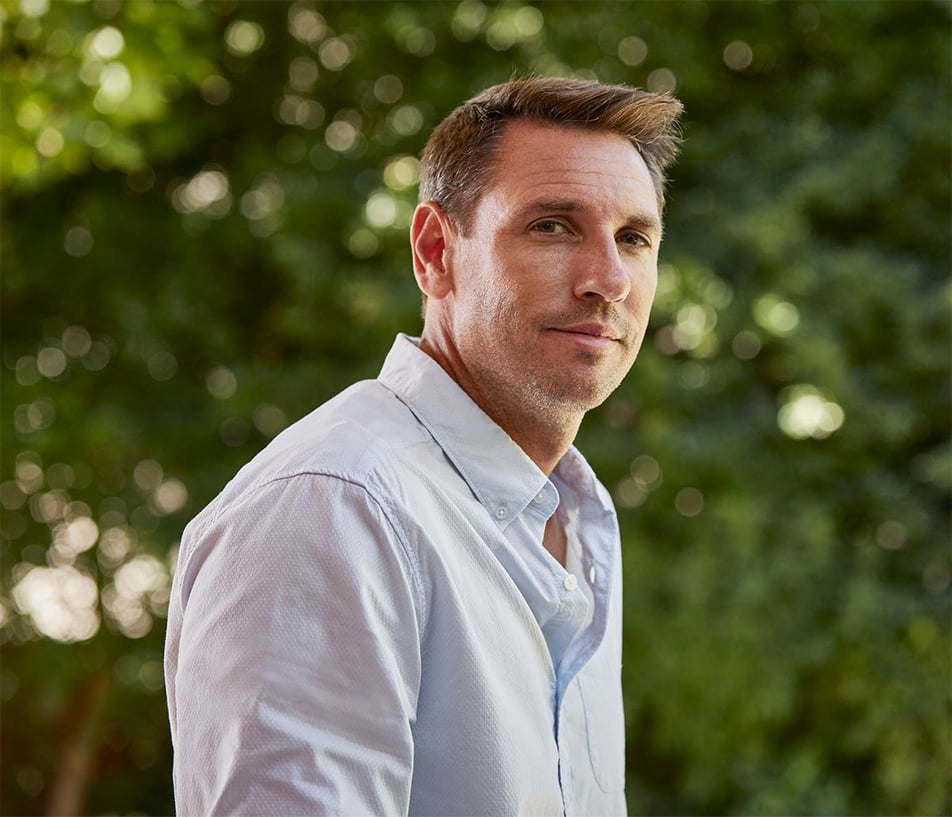

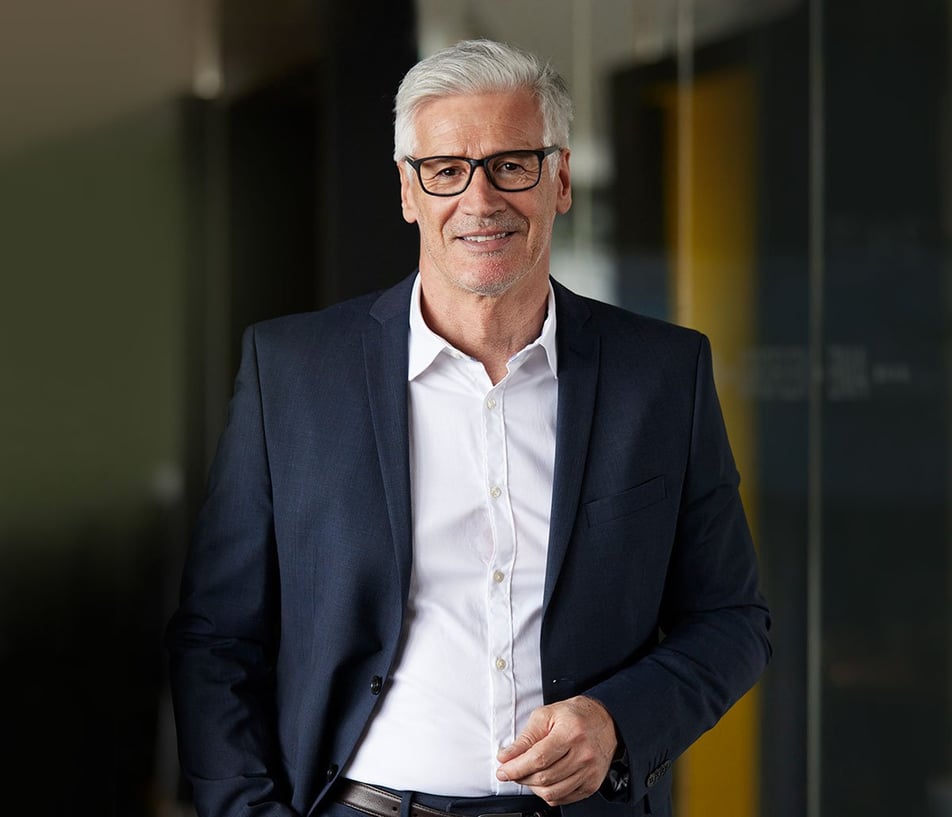

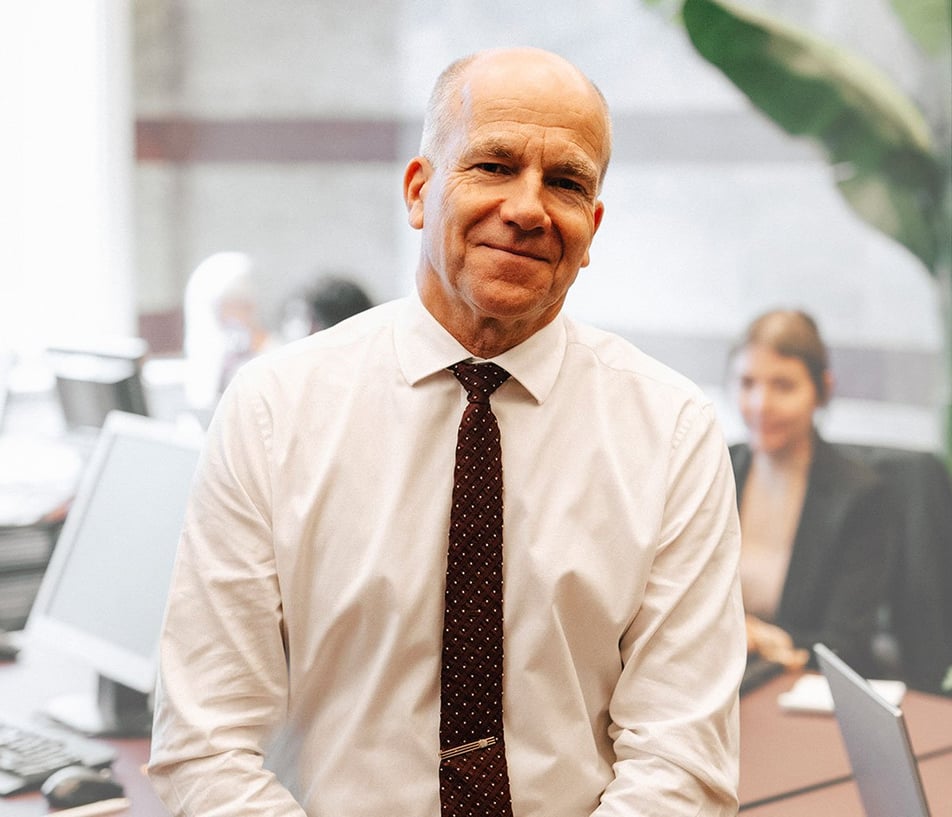
.png?width=400&height=400&name=CT-How_Can_We_Help-22_july_NewGraphic_b(small).png)

.png?width=1386&height=1224&name=2025%20Legal500%20Elite%20Boutique%20Award%20(Badge).png)
.png?width=1386&height=1224&name=ITR%20Finalist%20Practice%20Leader%20of%20Year%20Peter%20Aprile%202024%20(Badge).png)
.png?width=1386&height=1224&name=2025%20Legal500%20Leading%20Firm%20Client%20Satisfaction%20Award%20(Badge).png)
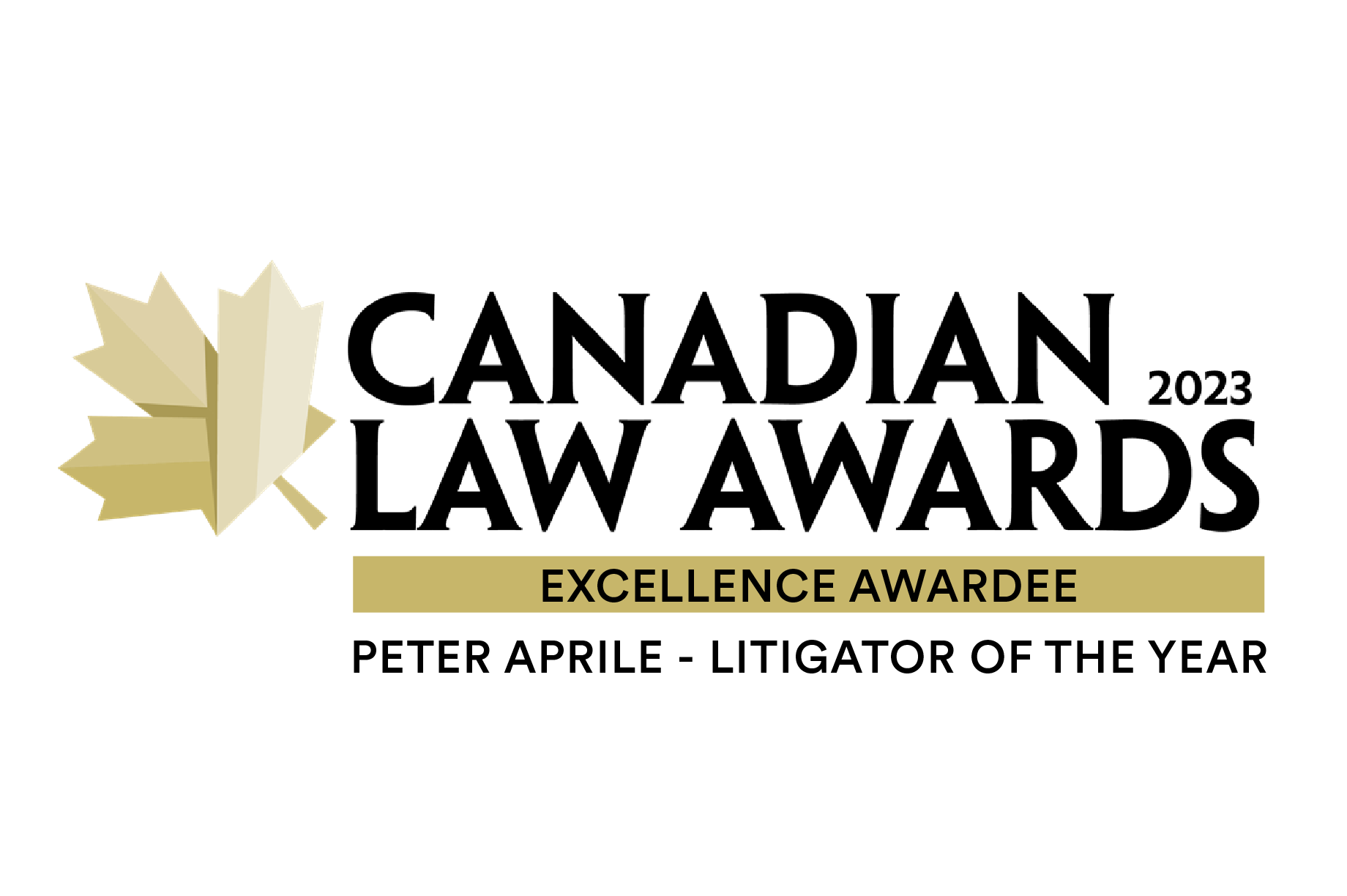
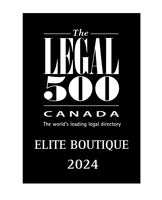

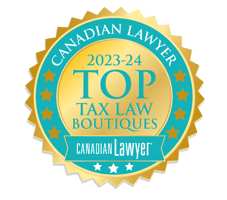
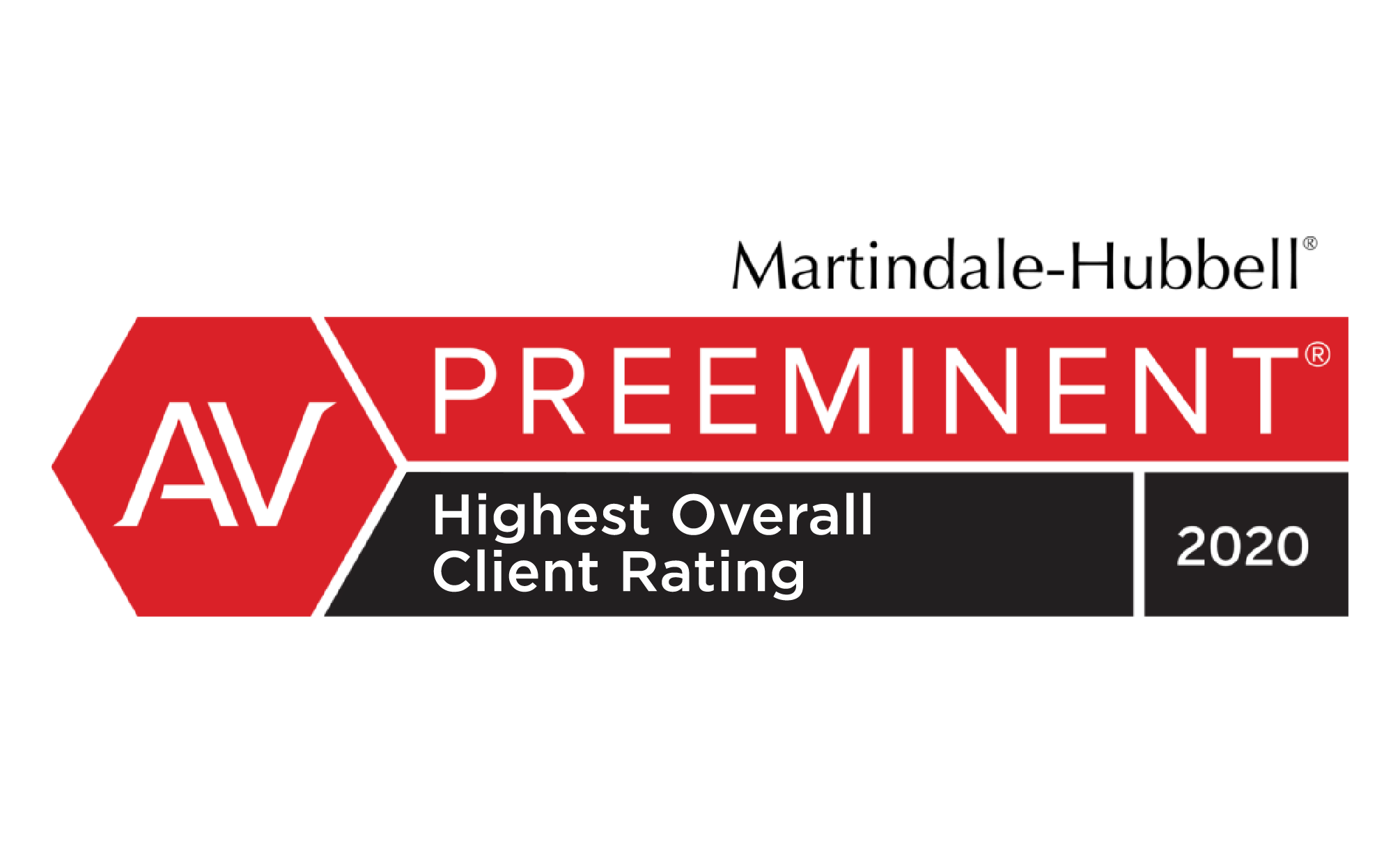
.png?width=1386&height=1224&name=ITR%20Tax%20Innovator%20Finalist%202024%20Award%20(Badge).png)

